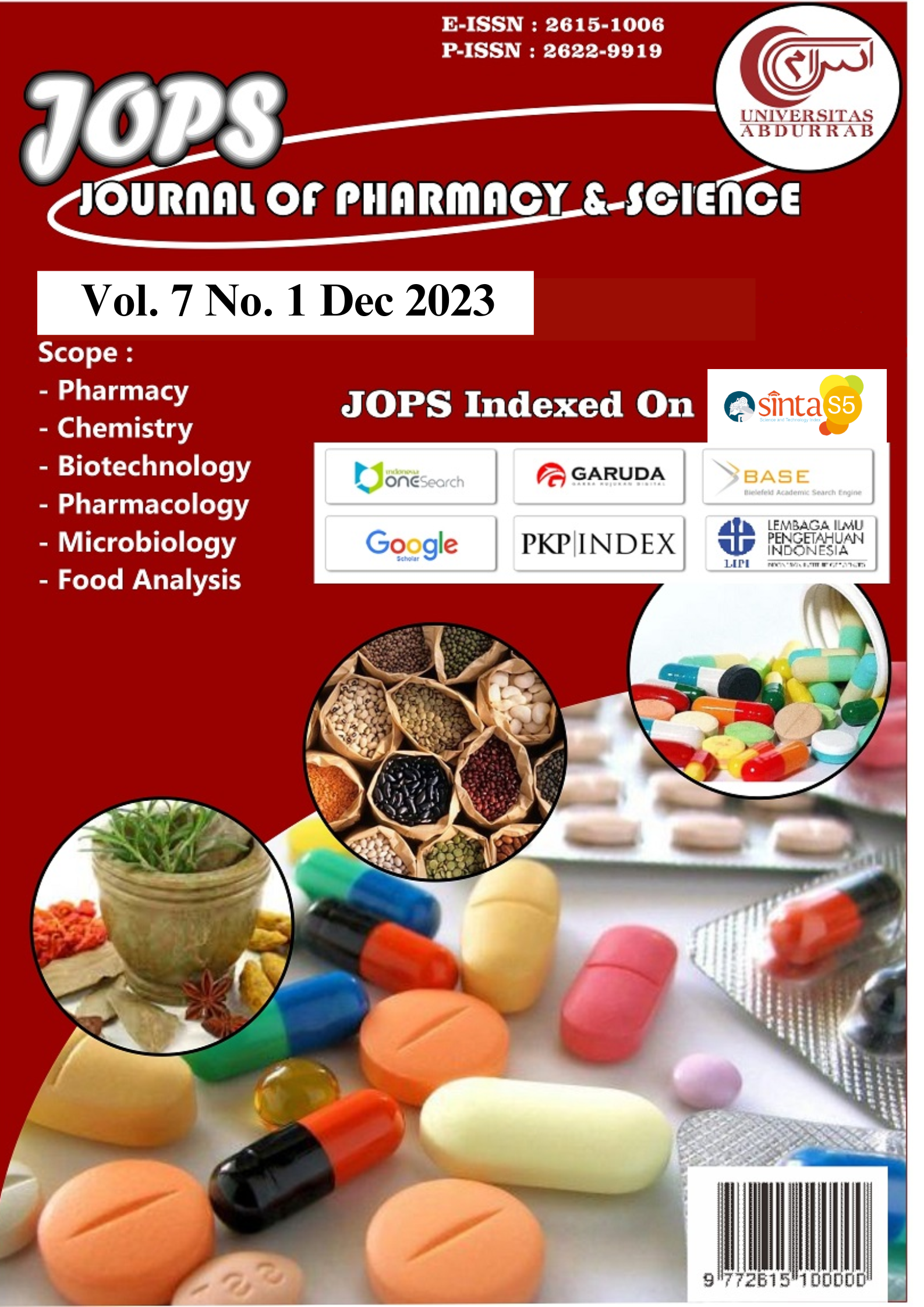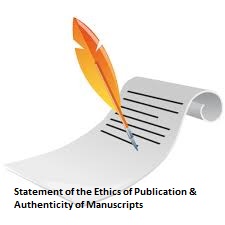The Use of Palm Oil Shell Waste Combined with Aloe vera Ethanol Extract as Antibacterial Agent
DOI:
https://doi.org/10.36341/jops.v7i1.4100Keywords:
Activated charcoal, aloe vera, disk method, antibacterialAbstract
The enormous potential for producing palm oil shell waste can be utilized as an effort to reduce palm oil waste, namely by processing palm kernel shells into activated charcoal combined with ethanol extract of aloe vera as an antibacterial product. The aim of this research is to actively test palm oil shells in combination with aloe vera extract against the growth of Staphylococcus aureus and Escherichia coli bacteria as natural antibacterials. The concentrations of activated charcoal and aloe vera ethanol extract are 0%:100%, 0%:50%. 100%:0%, 50%:0%, 50%:50%, 25%:25%, 30%:70%, 15%:35% and cream concentrations of 10% and 20%. The research method used an antibacterial testing method, namely the agar diffusion method with the positive control amoxicillin. The data obtained were analyzed using a completely randomized design and continued with the DMRT test at a 95% confidence interval. The results of this study show that there is great antibacterial activity in the combination of activated charcoal and aloe vera extract with a ratio of 15%:35% with an inhibition zone of 18.25 mm in Escherichia coli bacteria and 15.07 mm.
Downloads
Downloads
Published
How to Cite
Issue
Section
License
1. Copyright of all journal manuscripts is held by the JOPS (Journal Of Pharmacy and Science)
2. Formal legal provisions to access digital articles of electronic journal are subject to the provision of the Creative Commons Attribution-ShareAlike license (CC BY-NC-SA), which means that JOPS (Journal Of Pharmacy and Science) is rightful to keep, transfer media/format, manage in the form of databases, maintain, and publish articles.
3. Published manuscripts both printed and electronic are open access for educational, research, and library purposes. Additiponally, the editorial board is not responsible for any violations of copyright law.
licensed under a Creative Commons Attribution-ShareAlike 4.0 International License.










